Contact Organics aims to restore balance in the environment by creating products that focus on improving soil microbiology while controlling unwanted plant growth.
According to the Australian Weeds Strategy 2017–2027, there is approximately 3,207 species of introduced plants that have naturalised in Australia, about 500 taxa (species and genera) have been declared noxious or are under some form of legislative control in Australia. Most of the significant weeds in Australia have been introduced.
Tropical soda apple TSA (Solanum viarum), is an aggressive, prickly, perennial shrub, invading open to semi-shaded areas, particularly pastures and riparian zones, also forests, roadsides, recreational areas, and horticultural and cropping areas. TSA is a problem because it reduces biodiversity by displacing native plants and disrupting ecological processes. While the TSA foliage is unpalatable to livestock, reducing carrying capacities, cattle eat the fruit and spread viable seeds in their manure. The TSA’s thorny thickets can create a physical barrier for animals preventing access to shade and water. Additionally, TSA is a host for many diseases and pests of cultivated crops, and it contains solasodine which is poisonous to humans.
Few uncontrolled TSA plants will form a hectare sized thicket in 6 months, with each plant producing 150 fruit containing 45 000 seeds each year. Some conventional herbicides can kill the plants, but do not kill the seeds inside the fruit. This is where Contact Organics differs from conventional herbicides. In the USA, TSA infested over half a million hectares in 5 years. In Australia it is critical to achieve site-based eradication of this plant before it becomes widespread.
Some of the TSA plants received a 2nd spray to cover parts of the plant that were missed in the initial application. It is difficult to get complete coverage when they are in patches but a touchup spray a day or 2 later finishes the job. These are also part of the seed germination analysis study.alysis study.
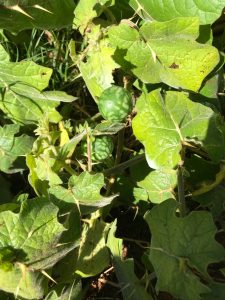
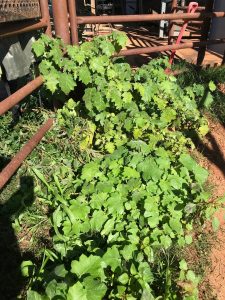
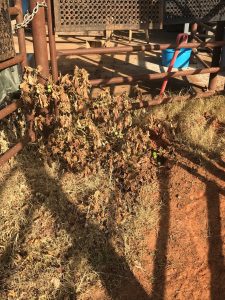
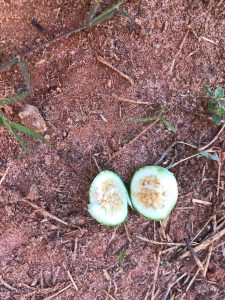
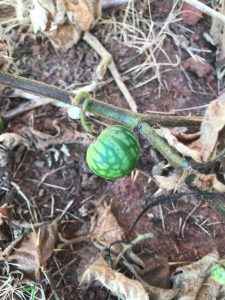
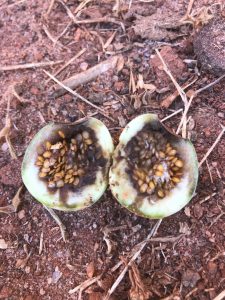
The Weed Terminator has once again proven successful in the successful treatment of invasive and glyphosate resistant weeds/grasses/plants.
